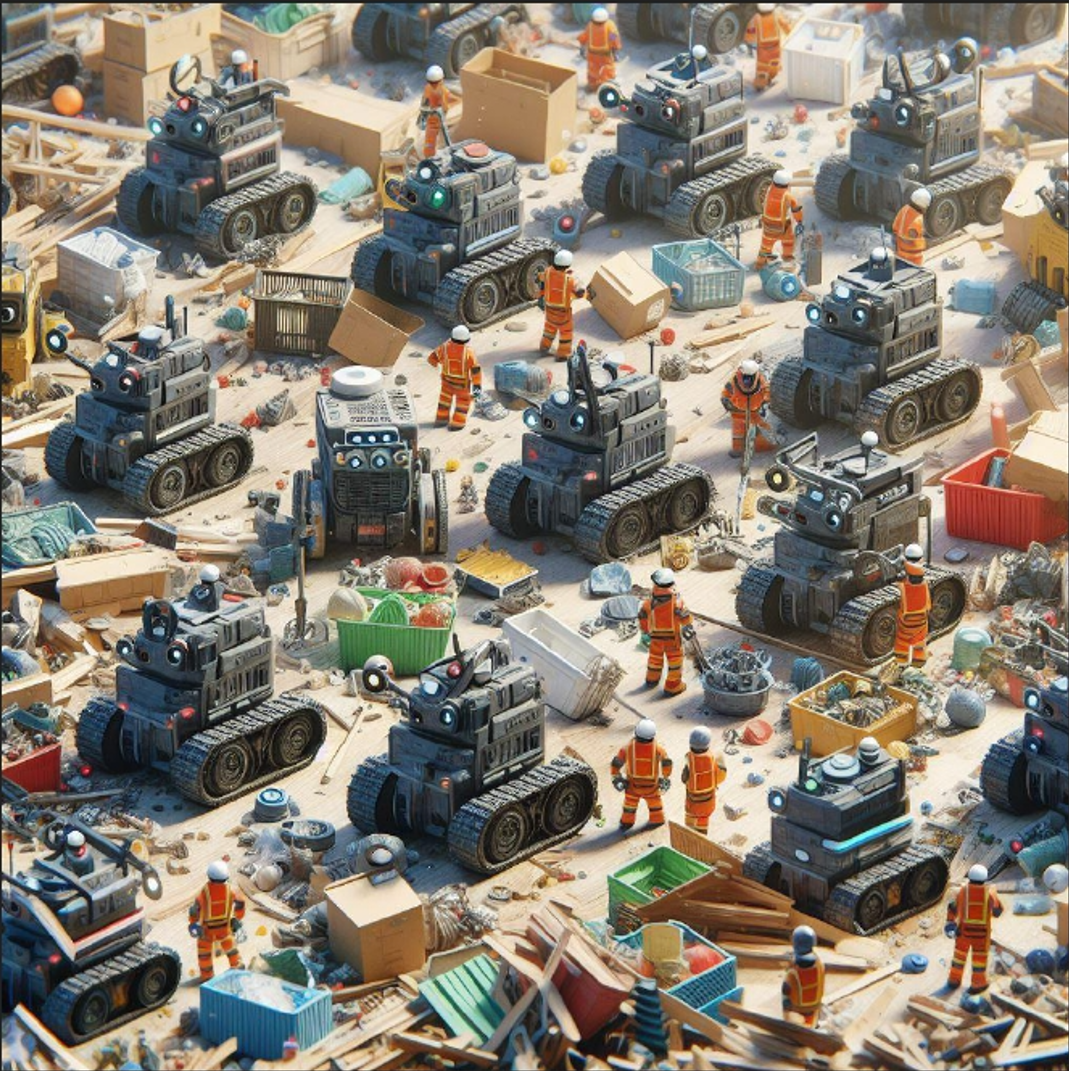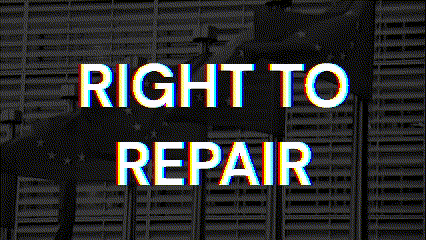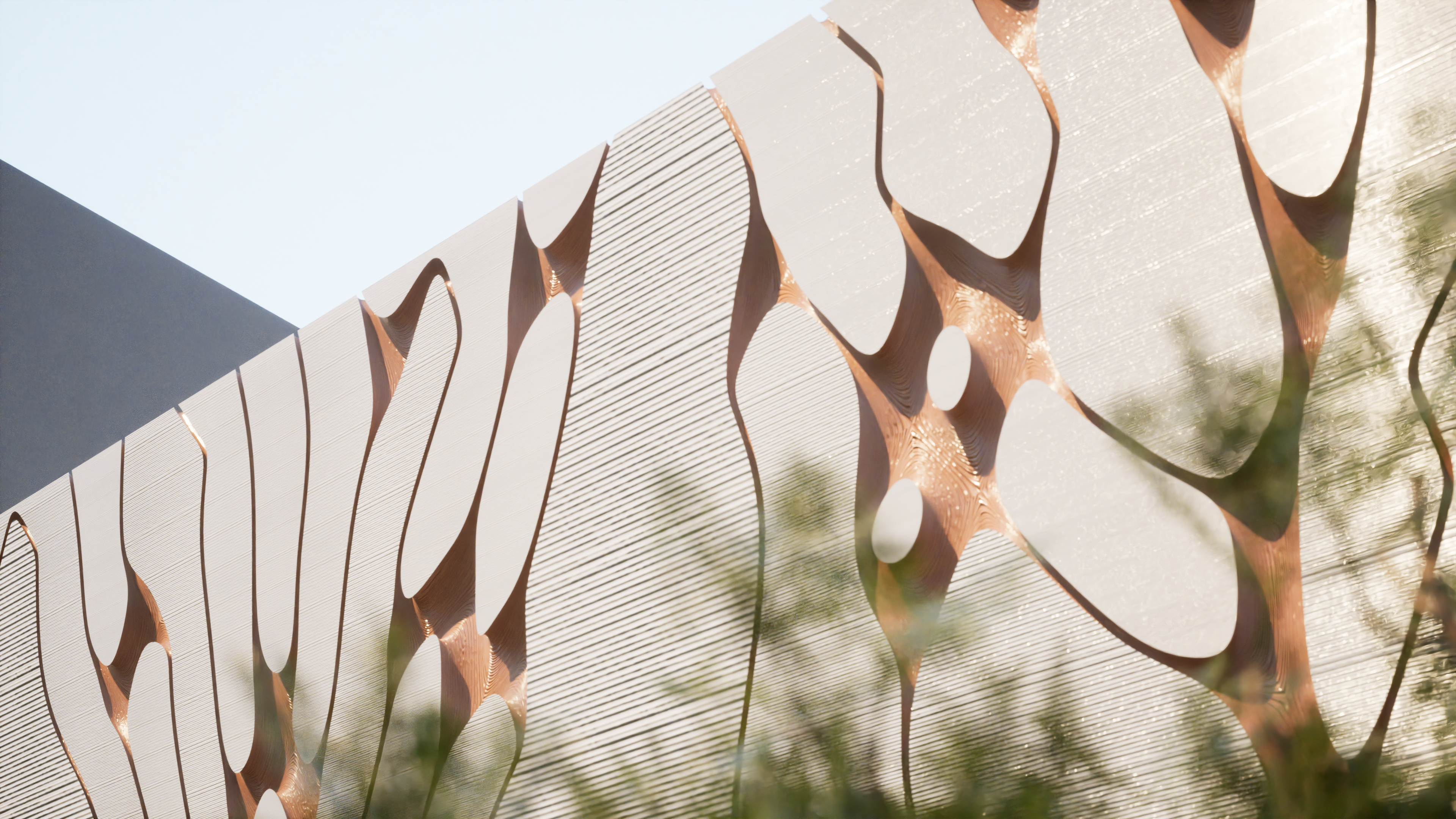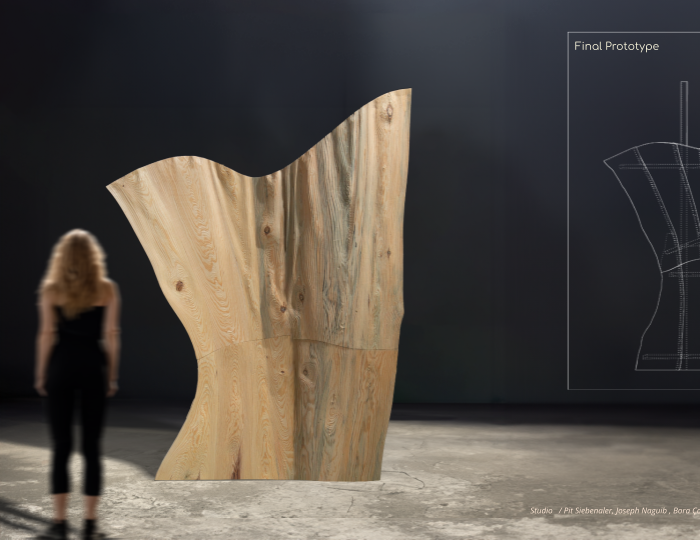ROBOT-ASSISTED WEAVING + RAW MATERIALS / MRAC Workshop 1.2
Team member(s): Govind Chithrath, Santosh Shenbagamoorthy, Krystyn Kontos , Aleksandra Kraeva and Lauren DemingModified by Lauren Deming on November 24, 2024 Ultimately, the goal is to develop more efficient means for harvesting and utilizing low-carbon footprint alternatives for construction. Course Objective Project Abstract Autonomous Weaving with Raw Materials explores the intersection between weaving automation and the use of raw materials. After analyzing … Read more









